What Is Image Based Sexual Abuse And What Are The Next Steps Ireland Needs To Take To Tackle It?

It’s likely that over the past few days you have been made aware of a discovery of leaked and explicit photographs online. This discovery related to hundreds of Irish women and some men who have been the victims of image based sexual abuse.
The scale and proportion of this discovery has prompted a huge response throughout the media and it has raised a number of important questions regarding the necessary supports in place across both Ireland’s society and legislation.
So what is image based sexual abuse, what has prompted the emergence of this conversation and what are the next steps to help those affected by it in Ireland?
What is image based sexual abuse?
As laid out by Clare McGlynn and Erika Rackley of the Birmingham Law School, image based sexual abuse or IBSA, can be defined as follows;
the ‘non-consensual creation and/or distribution of private, sexual images’ – includes typical revenge porn, as well as consensually taken images that have been hacked or stolen and then shared, but also covers the non-consensual creation of sexual imagery: for example photos and videos created by means of upskirting, forms of voyeurism and sextortion, or recordings of sexual assault.
You may have also heard the term “revenge porn” in use. However, the negative connotations to the word revenge implies that the victim is in some way at fault. It is crucial that we understand that the women and victims in these situations are in no way to blame. Any act of wrongdoing in this situation is enacted solely by the abusers who are sharing these images.
What has prompted the emergence of this conversation?
On Wednesday, hundreds of thousands of explicit photos and videos were publicised and circulated online. Under the current Irish laws it is not illegal for these images to be non-consensually shared online unless the individual is underage.
Consider how easily this news has spread. Think of how many Instagram stories referencing these events appeared on your feed and your social media timelines. Now imagine that those were private and intimate images of you.
Unfortunately for thousands of Irish women the need to imagine is not necessary. Thousands of women’s personal images were shared. These photos and videos differed in exact content, medium and in knowledge of their existence. But what remains identical between every single one of them was that they were shared without the photographed individual’s consent.
These photos include girls from the age of sixteen. This is classified as child pornography or film based child sexual abuse and is illegal under the Child Trafficking and Pornography Act 1998.
There is no question that the non-consensual sharing of sexual images is wrong. Despite this, the current Irish laws do not protect adults from this form of sexual violence.
The consequences of image based sexual abuse have been highlighted following this recent discovery and ignited a passionate and overdue conversation in our culture.
What are the next steps?
Making Image Based Sexual Abuse a criminal offence in Ireland
It is likely that you have seen and perhaps already signed the petition for the Harassment, Harmful Communications and Related Offences Bill to be signed into law. This legislation would make image based sexual abuse a criminal offence in Ireland.
This is crucial to protecting women in our society but there are also other steps that must be taken and issues that need to be addressed.
Spread awareness not shame
There has been tremendous support and appropriate horror at the horrific discovery of these files. But unfortunately it is not an isolated incident.
Over the past few days you may have become aware of the story Dara Quigley. In 2017 Dara was detained under The Mental Health Act. Footage of her walking down a street naked was accessed, filmed and then shared in a Whatsapp group by a Garda. Shortly after this Dara died by suicide. No criminal charges were brought against the accused Garda for sharing the footage.
Dara’s story, alongside the stories of far too many other women and young girls have recently been highlighted and shared.
Unfortunately there has also been victim blaming and sexist comments that have proven it is not just Ireland’s law, but also our society that needs to change. Just because someone sends an image to someone doesn’t mean that they deserve to have it shown to everyone.
The cultural narrative
We need to shift the cultural view. Women are not at fault for the action (or inaction) of men. Nor should women be deserving of respect only because of men. Because yes we are; sisters, daughters, nieces, cousins etc. But we are also; artists, scientists, athletes, writers and so much more. Our identities are multi-layered but each individual layer is just as worthy of respect. We must stop reducing the girls of our society to their relation to men.
It is time to end the spreading of non-consensual images and sexist beliefs. In their place we must share; these stories, this outrage and this determined pursuit of justice.
Change is not just something that could happen, it is something that must.
If you have been affected by any of the issues please see these helplines
Childline 1800 66 66 66
Women’s Aid Ireland – 1800341900







